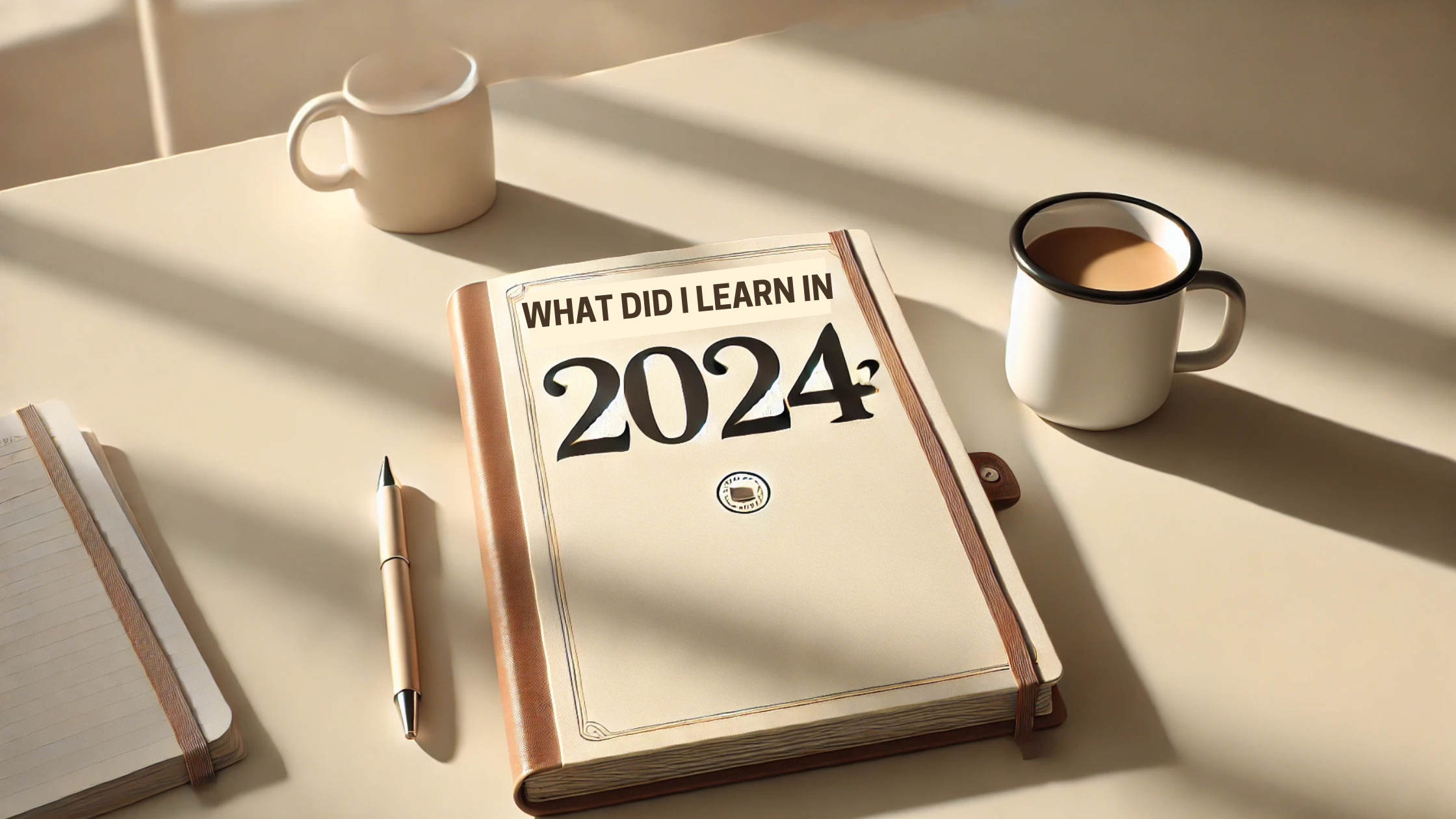This post was originally written as an exercise we did at Zerodha. Check the video here.
This year, my boss made me smarter—but also a lot more miserable.
He did this by tearing apart my worldview of what “knowledge” meant. According to him, my perspective was as broken as the CBSE website on board results day: a complete lost cause.
That said, we did agree on one thing. We both were baffled on how people can really be okay with being so “incurious” in life:
- How are you okay not knowing why bad weather in Brazil is making your morning coffee more expensive?
- How are you okay not knowing the perfect air conditioner temperature according to studies by the Japanese Ministry of the Environment and World Health Organization?
- How are you okay not knowing that your late-night Netflix binge might be costing your country’s GDP 1-3% annually?
How can anyone be so boring? So unimaginative? Bhuvan (my boss) and I could never wrap our heads around it.
But that is where the similarity ended.
I thought that knowing the answer to everything that intrigued me would make me smarter – which it did, ever so slightly. And because curiosity led me down so many rabbit holes, I assumed more knowledge meant more control—or at least more certainty – which isn’t how things work.
This is especially true in economics and finance—the very field where we’re supposed to be expert writers. If anything, the more I learned, the more questions I had. The smarter I got, the messier the world seemed.
You see, you might think that having cursory knowledge of an economic concept will give you a sense of certainty of what to expect in future, but markets and economy have their own way of humbling you. And most of the time, the very thing you thought you understood well enough, gets tossed out of the window and you get a reality check you needed.
Here’s an example I witnessed firsthand.
In economics, there’s a standard expectation:
- When interest rates go up, borrowing becomes expensive for businesses and consumers.
- This leads to a slowdown in credit growth (fewer loans being taken out), cooling off demand and, in turn, controlling inflation.
But real life doesn’t always stick to the script.
From May 2022 to February 2023, the Reserve Bank of India (RBI) went on a rate hike spree, raising the repo rate from 4% to 6.5% in just nine months—one of the steepest hikes in recent history. By textbook logic, this should’ve slowed down the growth of loans.
But guess what actually happened? Credit growth accelerated.
Yes, loans grew from 10% to 17%, even as borrowing costs skyrocketed. The very thing that was supposed to slow down—picked up speed.

The market did what it wanted, despite what the textbooks would have predicted.
Does this mean everything we learn is wrong? Not exactly. But it does mean we overestimate how much our limited knowledge can predict the future.
The illusion of understanding—where we think we’ve grasped a concept well enough to make bold claims about what’s coming—is far more dangerous than being oblivious.
This is especially true for social sciences like economics than natural sciences like physics or maths. Making prescriptive statements—statements that dictate how things should be—might work in nature, governed by the laws of physics. But economics? That’s a wild, wild world with no rules.
In the world of economics, only the self-deluded or the willfully ignorant would feel comfortable making such definitive statements. That’s not me… anymore. Because here’s the thing: there are layers and layers of nuance behind understanding what’s really happening in the world.
Which brings me back to my boss, who made me smarter and miserable.
When he taught me this lesson, he cleverly seeded the idea that I’ll never “truly” know what’s going on—because it’s simply not humanly possible to know everything about the subject you’re researching or writing about.
Take America’s trade policy after Trump’s tariff comments. Sure, I might try to connect the dots, but there’s always that one geopolitical angle or one historical context I’m missing. To get close to the truth, I’d have to read more, dig deeper, and find those hidden angles. That’s what makes me smarter.
But, but, but…
This very same thing is also what drives me absolutely insane. Because I’ll never have the satisfaction of knowing something to its end.
It makes me miserable that I’ll never know:
- Was my coffee expensive only because of bad weather in Brazil, or did Vietnamese plantations play a role too?
- Is setting my AC to 27°C really helping the planet, or just saving me a few bucks?
- Will my late-night Netflix binge with my partner be a net positive for my mental health—or is it quietly shaving off GDP?
Now I’m smarter. But also far more miserable.
Thanks, Bhuvan.



Leave a Reply